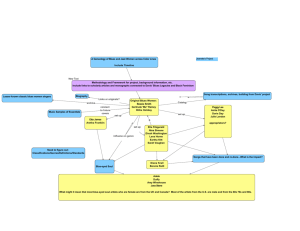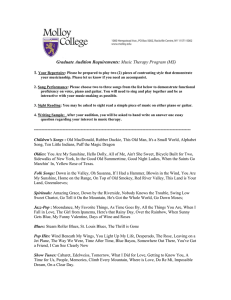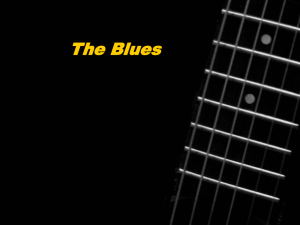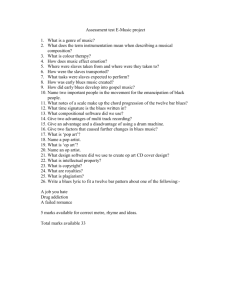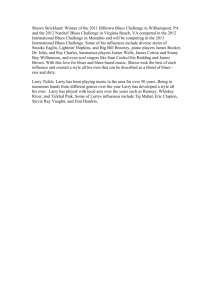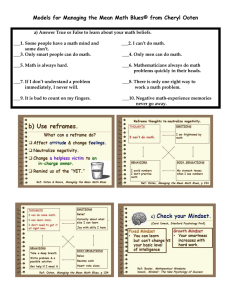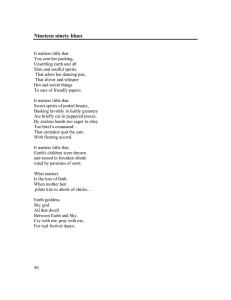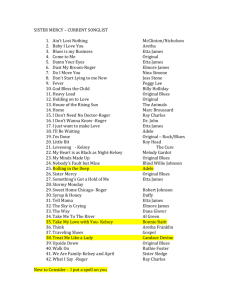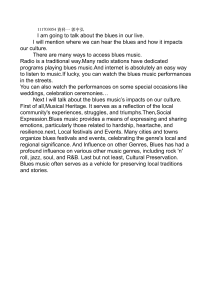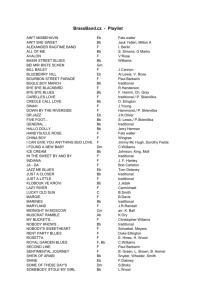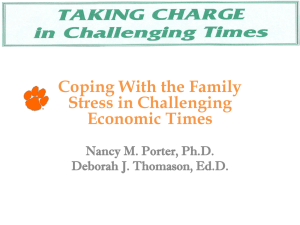JohnLongBio
advertisement
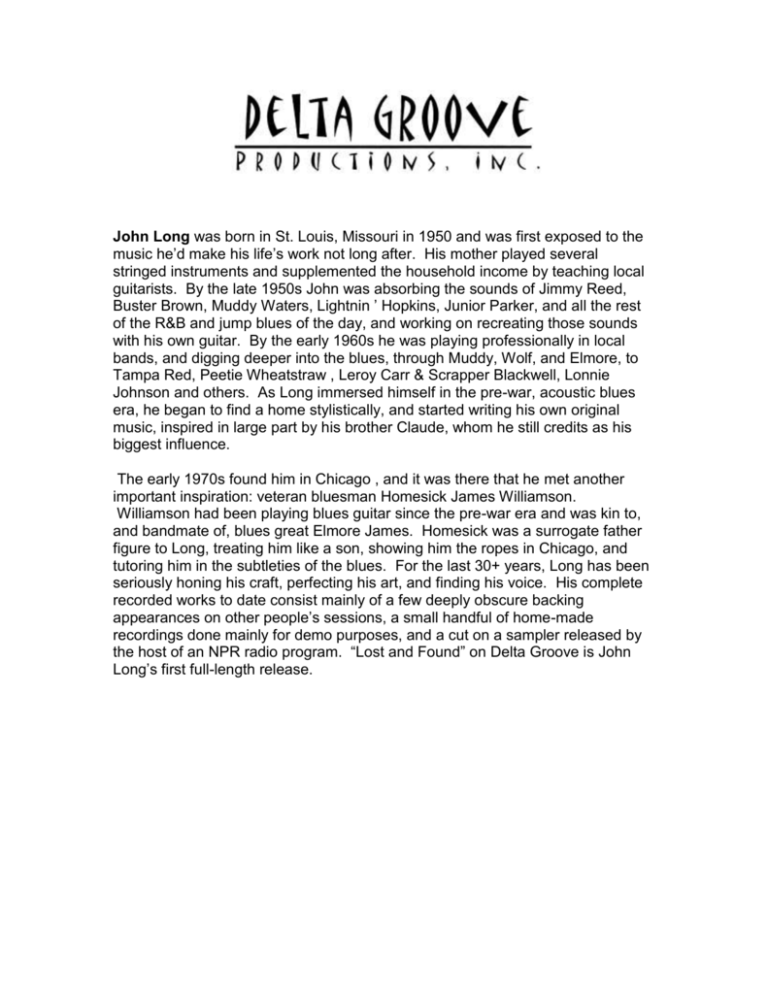
John Long was born in St. Louis, Missouri in 1950 and was first exposed to the music he’d make his life’s work not long after. His mother played several stringed instruments and supplemented the household income by teaching local guitarists. By the late 1950s John was absorbing the sounds of Jimmy Reed, Buster Brown, Muddy Waters, Lightnin ’ Hopkins, Junior Parker, and all the rest of the R&B and jump blues of the day, and working on recreating those sounds with his own guitar. By the early 1960s he was playing professionally in local bands, and digging deeper into the blues, through Muddy, Wolf, and Elmore, to Tampa Red, Peetie Wheatstraw , Leroy Carr & Scrapper Blackwell, Lonnie Johnson and others. As Long immersed himself in the pre-war, acoustic blues era, he began to find a home stylistically, and started writing his own original music, inspired in large part by his brother Claude, whom he still credits as his biggest influence. The early 1970s found him in Chicago , and it was there that he met another important inspiration: veteran bluesman Homesick James Williamson. Williamson had been playing blues guitar since the pre-war era and was kin to, and bandmate of, blues great Elmore James. Homesick was a surrogate father figure to Long, treating him like a son, showing him the ropes in Chicago, and tutoring him in the subtleties of the blues. For the last 30+ years, Long has been seriously honing his craft, perfecting his art, and finding his voice. His complete recorded works to date consist mainly of a few deeply obscure backing appearances on other people’s sessions, a small handful of home-made recordings done mainly for demo purposes, and a cut on a sampler released by the host of an NPR radio program. “Lost and Found” on Delta Groove is John Long’s first full-length release.
